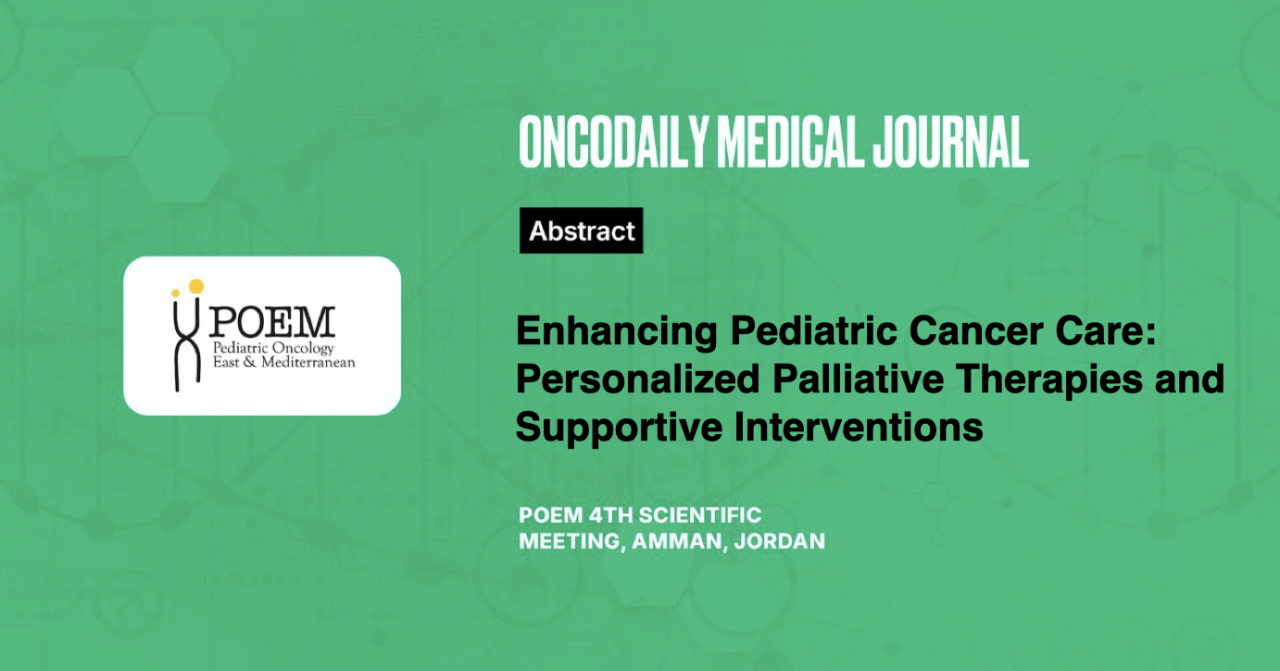Enhancing Pediatric Cancer Care: Personalized Palliative Therapies and Supportive Interventions
Abstract
Introduction: Pediatric oncology has made progress in improving survival rates, but high-risk groups still face poor prognosis, highlighting the need for effective palliative care. This study investigates personalized palliative treatments, targeted interventions, and innovative supportive care to improve quality of life and symptom management.
Methodology: This retrospective cohort study examined the medical records of 250 pediatric hematology oncology patients treated at a tertiary care hospital between 2023 and 2024. The study included pediatric patients (aged 0-16 years) diagnosed with hematological malignancies, while excluding those with incomplete medical records. Descriptive statistics and inferential analyses, including chi-squared tests and two-proportion z-tests, were utilized to evaluate outcomes and assess the effectiveness of the infection prevention and management program. Data was collected from Electronic Medical Records (EMRs).
Results: This study showed significant improvements in quality of life, symptom burden, and treatment-related adverse effects among pediatric oncology patients receiving personalized palliative therapies. Specifically, 150 patients (75%, p < 0.01) experienced enhanced quality of life, 50 patients (25%, p < 0.05) showed reduced symptom burden, and 40 patients (20%, p < 0.05) experienced minimized treatment-related adverse effects. Additionally, personalized palliative care led to substantial reductions in pain (2.5 ± 1.1, p < 0.01), nausea (1.8 ± 0.9, p < 0.05), and fatigue (2.1 ± 1.0, p < 0.01), along with improvements in sleep quality (1.5 ± 0.8, p < 0.05) and overall well-being (2.2 ± 1.1, p < 0.01).
Conclusion: This study provides compelling evidence of the benefits of personalized palliative treatments in pediatric oncology, leading to improved quality of life and symptom management. These findings underscore the potential of tailored palliative therapies to enhance outcomes for pediatric cancer patients, emphasizing the need for continued research and innovation in palliative care.





